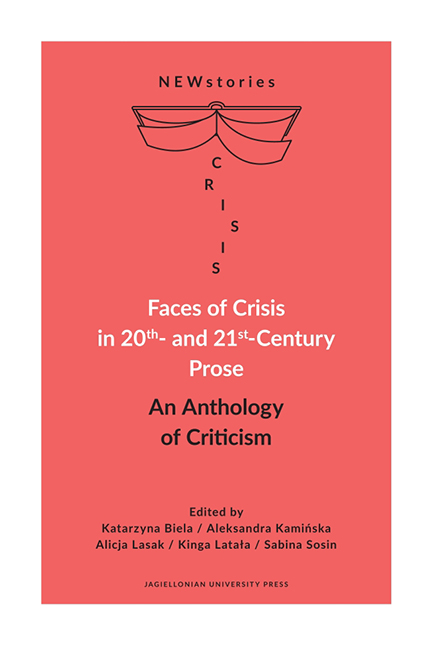“He Was a Full Man, and She but an Empty Woman”. Woman’s Experience of Existential Crisis in Vita Sackville-West’s Family History
Published online by Cambridge University Press: 16 July 2022
Summary
Abstract: Vita Sackville-West's novel Family History explores a stormy relationship between two characters: a 39-year-old widow Evelyn Jarrold and a young politician Miles Vane-Merrick. Existentialism, a philosophical and cultural movement that gained popularity during World War II, stresses the importance of one's free choices in one's relation to others. The essay discusses the characters’ relationship and Evelyn's existential crisis in the context of this philosophy. It proves that the emotional involvement in the affair brings about the transformation of the character's self: she becomes aware that she needs to choose the meaning of her life by herself, which results in her experiencing existential crisis. The essay is divided into four parts, discussing a theoretical background, the characters’ portraits, master- slave dialectic, and the metaphor of mirrors. The conclusion gives evidence of the existentialist understanding of freedom.
Victoria Sackville-West (1892–1962) was one of the most prolific English authors of the 20th century. She is associated with Virginia Woolf and the Bloomsbury Group, though she was almost never interested in the Modernist experiments—both in poetry and fiction, she focused on the traditional forms and conventions rather than literary innovations (with the significant exception of Seducers in Equador, written for Virginia Woolf).
The novel Family History was published in 1932, directly after The Edwardians and All Passion Spent, both of which are known as the most successful of Vita Sackville-West's works. This essay reads the novel from the perspective of the existentialist movement. The philosophy has its roots in the late 19th century; it increased in popularity in the 1940s, during World War II. Existentialism stresses the importance of one's progress, which is shaped through one's individual choices rather than general social or moral principles. At the same time, many existential thinkers—Simone de Beauvoir and Gabriel Marcel amongst others—contend that one's freedom is achievable only in one's relation to others.
The aim of the essay is to analyse the affair of Evelyn Jarrold and Miles Vane-Merrick, proving that the emotional involvement in the relationship results in the transformation of Evelyn's self: in the course of the affair the character realises that she needs to choose the meaning of her life and, unable to do this, she experiences existential crisis.
- Type
- Chapter
- Information
- Faces of Crisis in 20th- and 21st-Century ProseAn Anthology of Criticism, pp. 29 - 40Publisher: Jagiellonian University PressPrint publication year: 2020



